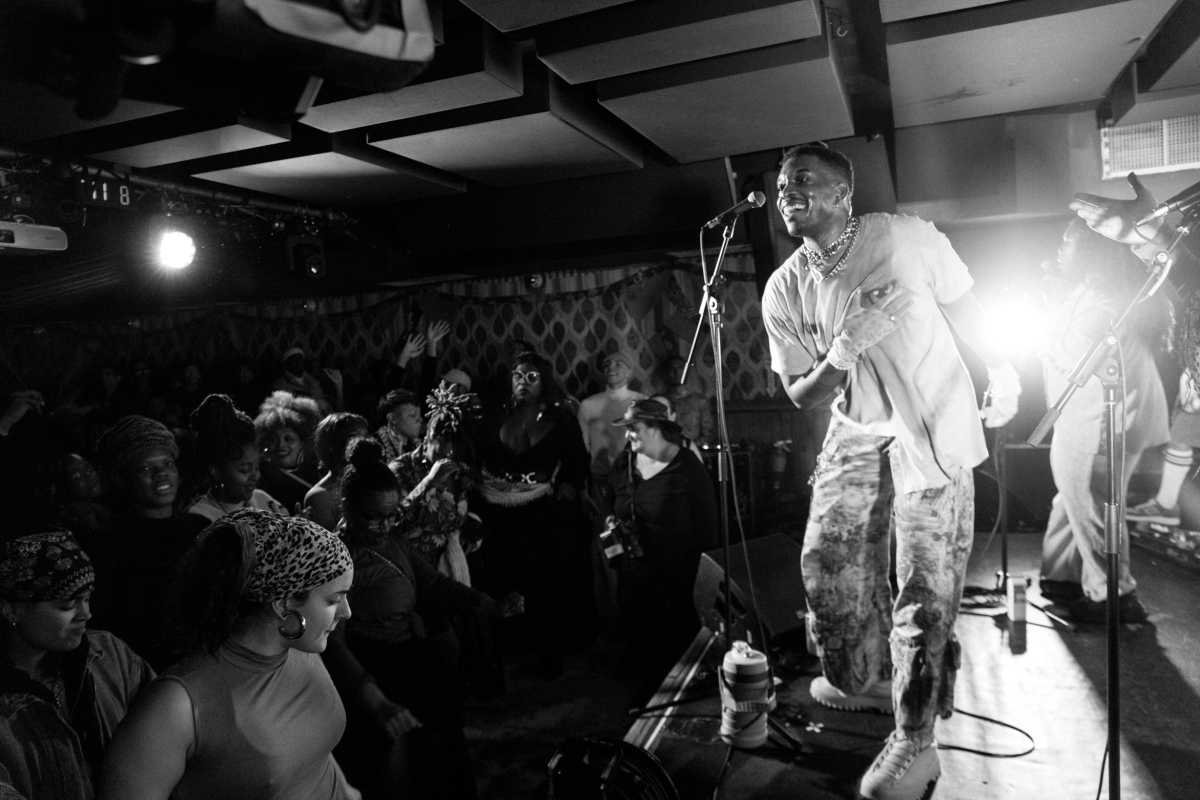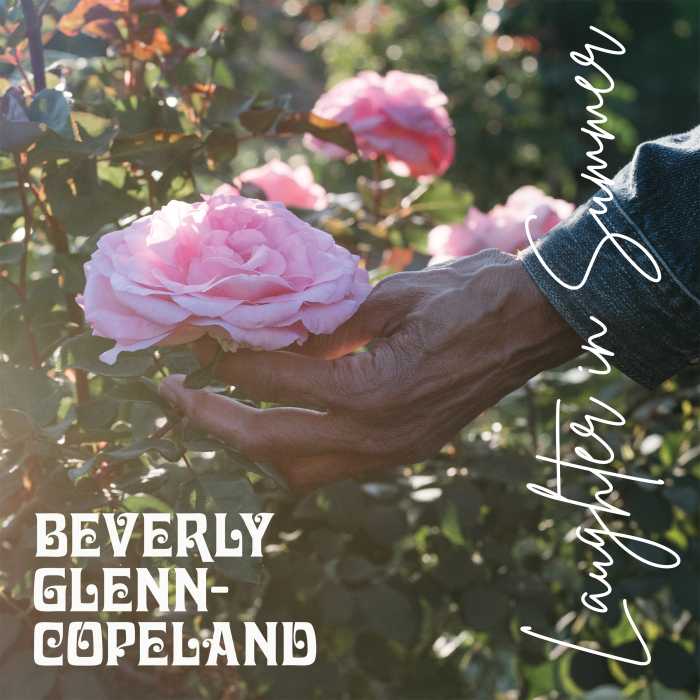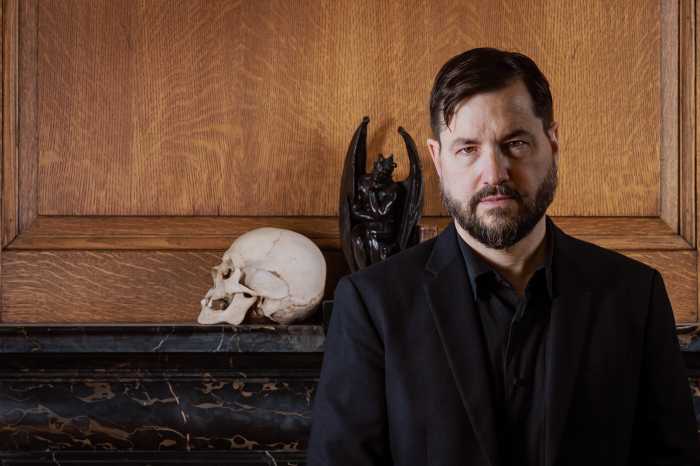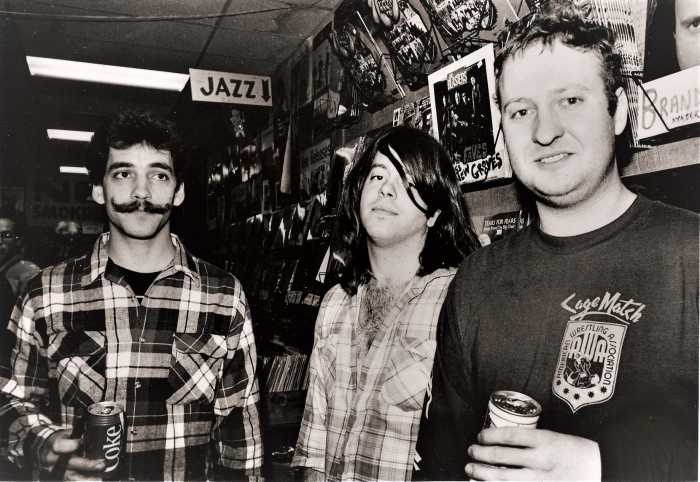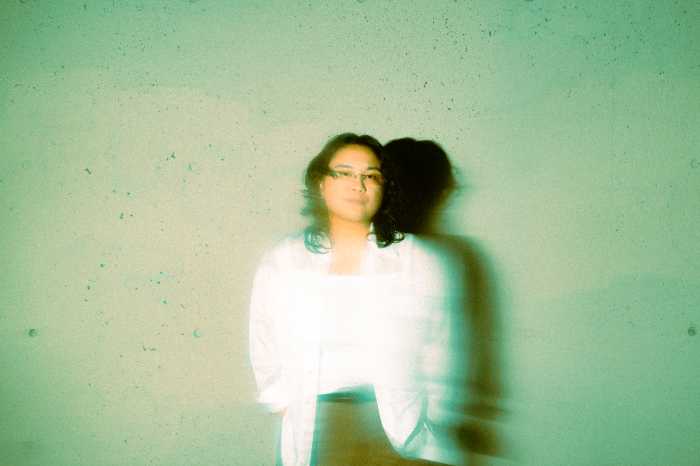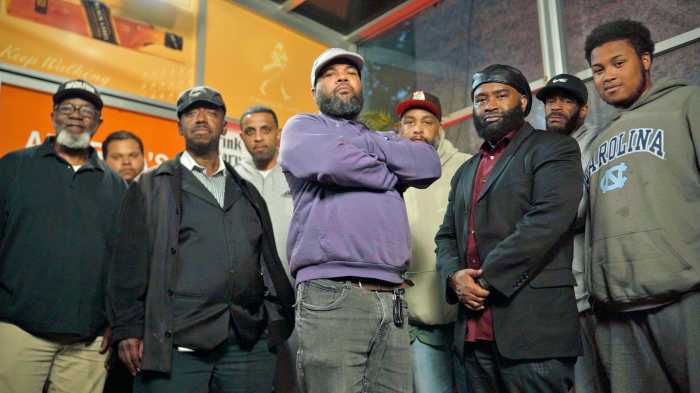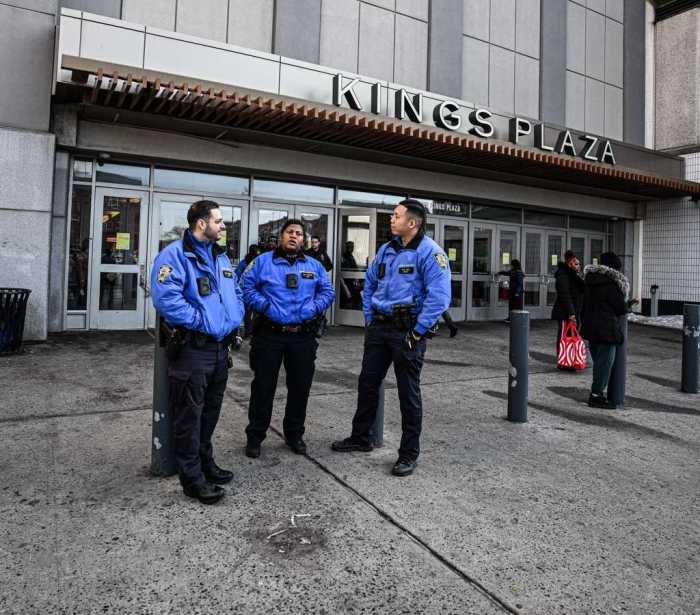It’s a Sunday night in Brooklyn, and a sea of queer Black folks are drinking, singing, dancing, and laughing. A space that centered queer radical joy, it was palpable in the air as artist Britton Smith stood on the stage at the Williamsburg venue Baby’s All Right.
“I think my spirit is using the body of Britton to do what my spirit needs it to do,” Smith said. In a cut graphic tee, floral print cargos, mesh green gloves, and silver chain necklaces, he was in command of the space. “My spirit needs me at every cost to create a space that makes people feel good and that I feel good in being my complete self.”
From performing on Broadway to standing on stage giving powerful sermons, Smith is leading his band Britton and The Sting (Saved By Sting LLC) into a neo-spiritual space of music making. Their crowd-pleaser is “Let’s Get Drunk and Go to Church,” which may sound like an oxymoron. But it’s a liberatory anthem on self-acceptance and finding sanctuary within. The group has sold out some of New York City’s top venues, including The Apollo, Williamsburg Music Hall, and Joe’s Pub, among others.
Qween Jean, a regular attendee, described what makes the band so poignant. “I feel God every time we are in the tabernacle and every time we are in community with Britton and The Sting,” she said. “We’re able to share with folks the power of community and create sanctuary for love and healing. I feel free.”
Born in Dallas, Texas, Smith was raised by his mother and grandmother. They made sure they never missed a Sunday service.
“I feel like that’s one of the Blackest things about me, that I was really raised by my grandma,” Smith said.
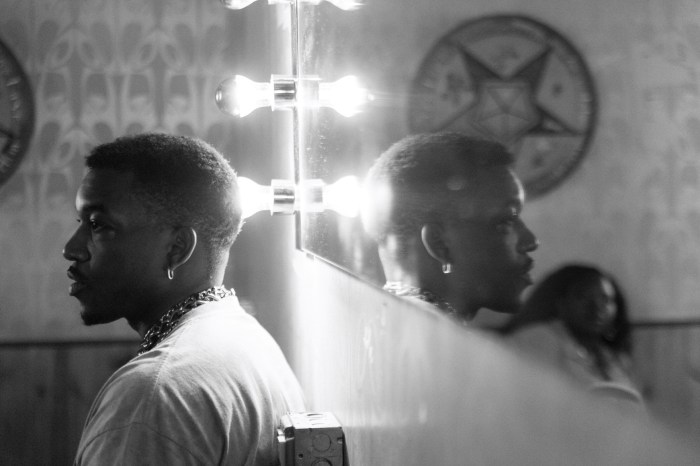
Smith’s musical journey started in the church, where he sang in the soprano section. Although he was celebrated for his vocal abilities, over the years, those praises turned to critiques laced with homophobia.
“[Churchgoers] would be like, ‘Look at that little boy singing in the soprano section.’ It’s cute when you’re like eight, but then when you’re still a soprano and you’re like 12, people are like, ‘He is a little sweet.'”
And since his mother only allowed gospel music in the house, he would play her records, which included greats like Yolanda Adams, Mary Mary, Fred Hammond, and Kirk Franklin. As he grew older, he found his way to ‘90s pop stars like Christina Aguilera and Shakira.
“That was a whole discovery and enjoyment of dancing with my hips and feeling sexy,” he said. Here was Smith — young, gay, and Black — caught in between what he was raised to understand and how he truly felt. He had a sense of pride in singing in the church and getting love from his congregation for his talent, but had to keep his sexuality hidden.
Research from the Williams Institute published in December showed that although nearly two-thirds of LGBTQ+ people raised Christian have chosen to leave the faith that they grew up in, Black cisgender men and those who live in the South are more likely to maintain their Christian identities in adulthood. These days, Smith’s relationship to the church has shifted.
“I listened to a sermon this morning that got me ready. It got me so good. But I don’t think I’m religious,” said Smith. “I think I’m looking for God all the time. So it’s not religious, it’s hungry for God, and will find it anywhere.”
For Black Americans, leaving the church is more than leaving a spiritual practice; it is leaving a part of who you are and a piece of your community. It is not just a place for worship; but for Black Americans in the South, it is a part of cultural heritage.
“You know you want to go back and be like, ‘This belongs to me,’” he said, referring to his present-day relationship with the church. “But I feel so good here because I found the real thing.”
As he continues to grow, Smith sees and understands himself as a godly gay person. In that, he feels unbreakable and empowered, continuing a long tradition of creating third spaces for queer people. Britton and the Sting is cultivating a sanctuary of authenticity and truth, of love and vulnerability that is uninhibited.

